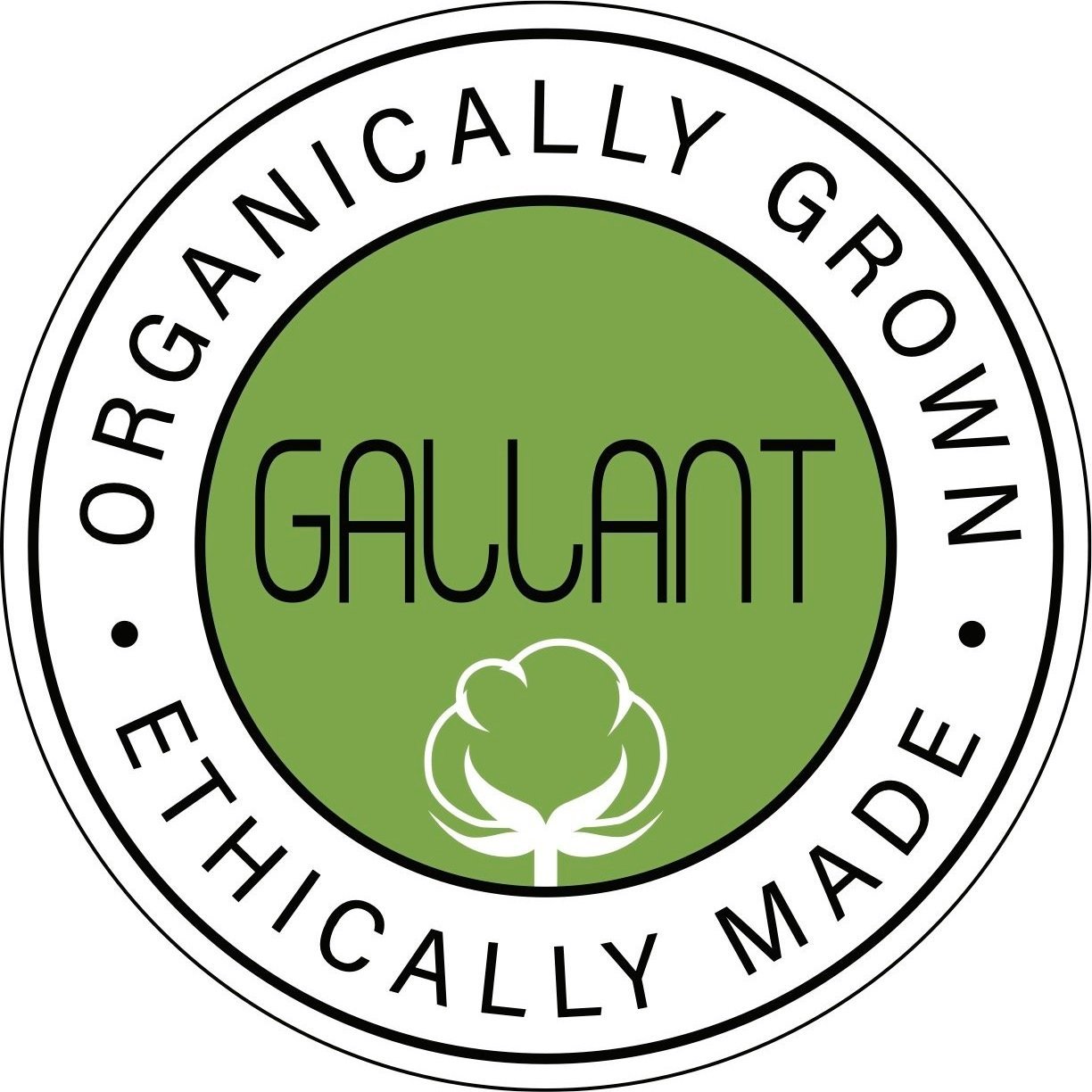Shift In Spain's Olives Because Of The Climate Change
Scorching temperatures have left farmers and producers with frequent disruptions to the delicate art of growing olive oil.
According to industry officials, Spain's fall olive harvest is expected to be almost half of the previous year's owing to the global weather changes brought on by climate change. One of Europe's top income sources, hitting an all-time high of 3.9 billion euros in export values in 2017, Spanish olives is now in danger due to a hot, dry summer that reduced reservoirs and ignited forest fires.
2022 marks Spain's third driest year and hottest summer since 1964. While the Mediterranean nation's olives harvests are considered one of the most resilient staples, record-breaking heatwaves in May 2022 damaged a large number of olive tree blossoms. And the plants that withstood the extreme heat, unfortunately, gave poor yields as a result of the dehydrated weather. The ongoing drought is proving to be too severe for the renowned fruit, despite its robust capacity to prosper in a more arid environment.
Spain's olive farmers and producers procure their harvests in the first part of October before the tiny green fruits are fully mature. But with olives crippling growth this year, farmers are left with no choice but to leave the majority of the fruit on the trees. According to farmer Juan Antonio Delgado in the southeast town of Quesada, "I am 57 years old and I have never seen a year like this one." He added that while the primary objective is to keep fighting for as long as possible, the livelihoods of farmers like him will ultimately be at stake if costs continue exceeding production.
Spain, however, is not the only country facing alarming threats against their olives. The European farming organizations, COPA and COGECA, calculated in September that olive oil production in the European Union as a whole may decrease by 35% from last year. Filippo Berio, the world's leading Italian olive oil brand, has also expressed a similar view. The business reported a price hike as a result of the lesser yield— the new cost of European olives for extra virgin oil is now 4,985 euros per tonne which were formerly 500 euros per tonne.
Spanish olives are experiencing various effects of the drought, such as the resurgence of old plant diseases, in addition to hotter weather. Antonio Bernal, a farming system expert, has observed the speedier growth of fungus as a result of milder winters in Quesada. Bernal worries that Jaén's most popular olive will not be capable of adapting to the region's volatile environment. "The solution is to stop climate change: Olive groves cannot adapt at a pace to assume such a fast change," Bernal added.
Climate scientists predict that in the upcoming years, the Mediterranean will experience some of the world's fastest global warming.
